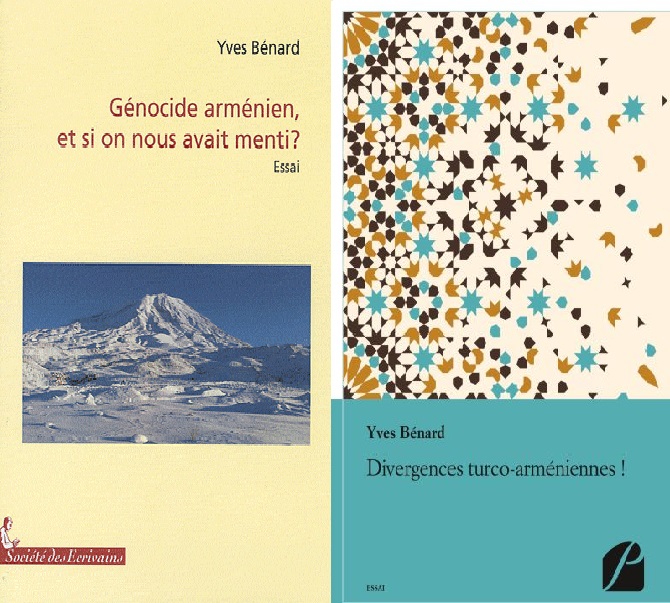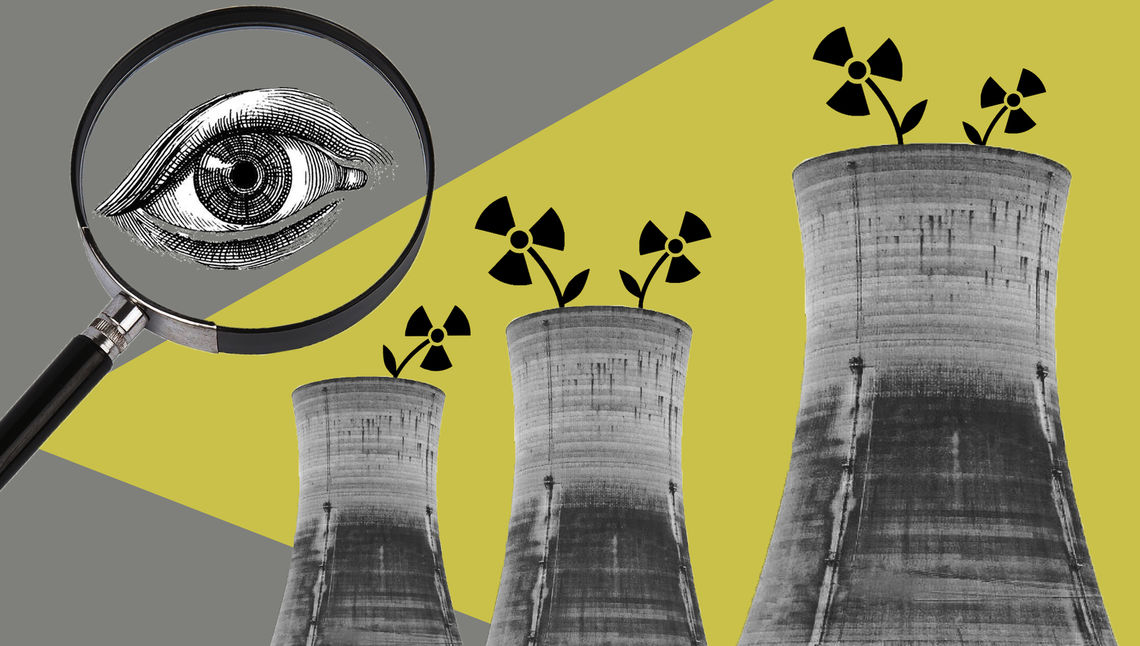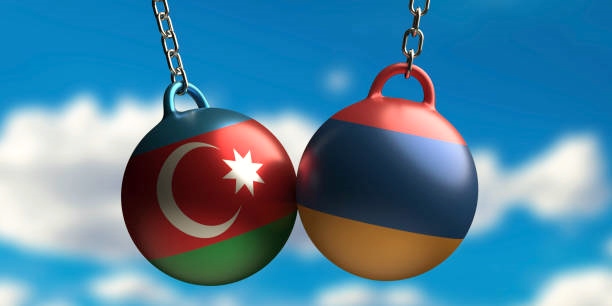
Genocide Armenien, et si on nous avait menti?
Author: Yves Benard
Publisher and Publishing Date: Société des Ecrivains, 2009
ISBN: 978-2-7480-4207-8
Language: French
Number of Pages: 115
Divergences turco-armeniennes
Author: Yves Benard
Publisher and Publishing Date: Les Editions du Pantheon, 2017
ISBN: 978-2-7547-3890-3
Language: French
Number of Pages: 164
The Armenian diaspora, which has been spread throughout the world since 1878, has since that time increased its influence in many cities such as Paris, Boston, Cairo, Aleppo, Beirut, and Los Angeles.[1] The so-called Armenian Genocide has been told through various media and politicians in each country where the Armenian diaspora is effective, and international support has been sought in this push to publicize the said claims of genocide. At this point, it would be appropriate to note here a sentence from the "Attention" section of Yves Benard's book titled Genocide Armenien, et si on nous avait menti? (En. The Armenian Genocide: And if They had Lied to Us?) published by Société des Ecrivains (En. Society of Authors) in 2009: “It is particularly difficult for someone who has only followed the French press and politicians during his/her life to claim that Armenians have not suffered genocide by Turks”.[2]
Having witnessed the distress of his Turkish friends after the French Parliament’s decision for recognizing events of 1915 as genocide in 2001,[3] Benard began to pursue the answer to the question; “and if they had lied to us?” Having listened to what Armenian militias had done in the township of Bayburt from his friends, which ran counter to what he knew about the so-called Armenian Genocide, Yves Benard began writing his book by investigating the other side of the story.
First of all, Benard’s book is remarkable for constituting a questioning of the claims of Armenian genocide by a French citizen. The author -noting that he is not a historian- wanted to share his insights with his readers from what he had learned through a literature review.
Benard sent his book to 45 publishing houses in France, and received the same negative reply from all of them. In his interview with Turquie News in France, he told that a great majority of the French public opinion saw the Ottoman Empire guilty with regard to the Armenian question, and for this reason, he thought that no one wanted to publish this book.[4] Moreover, five months after publishing his book, on 20 April 2009, Société des Ecrivains decided to unilaterally revoke the contract with Benard on the grounds that his “… claims refuting the Armenian Genocide cannot be defended in France”. This attitude exhibited in France, i.e. in a country that is called the cradle of human rights, freedom, and democracy, has led to question marks being raised in people’s minds. In 2017, Benard gathered his work under a different title, Divergences turco-armeniennes, which was published by Les Editions du Pantheon.
During his research for the book, Benard accessed the statistics on the Armenian population living in the Ottoman Empire between 1905 and 1914. He indicates that the Armenian population in the Ottoman Empire was only around 1,193,600 between those dates. For this reason, he relays to his readers that the claims that 1,500,000 Armenians died from genocide are unsubstantiated. Noting that he does not overlook the large number of Armenians who lost their lives under war conditions, Benard indicates that the number of Turks who lost their lives during the war were also substantial.[5]
Mentioning terrorist groups founded by Armenians before, during, and after the war, Benard gives information about the assassinations and the rebellions in the Ottoman Empire that those groups were involved in. He shares with his readers that it was the Hunchak and Dashnak parties who were behind the Yıldız Assassination attempt, and the Zeytun, Sasun, and Van insurrections. The events that took place in the framework of the Relocation and Resettlement Law put into effect by the Ottoman government are relayed to the readers via quotes from the journals and official correspondences of the witnesses.[6]
Lastly, Benard gives place to a chronological list of terrorist attacks perpetrated by ASALA (Armenian Secret Army for the Liberation of Armenia) and JCAG (Justice Commandos of the Armenian Genocide) between 1973 and 1986.[7]
Yves Benard’s book is significant for reminding its readers to look at the other side of the coin. In order to fully understand the 1915 events, it is necessary to not only look at the propaganda of the Armenian Diaspora, but also to consider all the relevant scientific research. This is precisely why Benard’s work has great significance in terms of challenging the dogmas of the pro-Armenian narratives.
[1] Y. Özgüldür, A. Güler, S. Akgül ve M. Köroğlu, Her Yönüyle Ermeni Sorunu (Ankara: Kara Harp Okulu Basımevi, 2001).
[2] Y. Benard, Genocide Armenien, et si on nous avait menti? (Societe des Ecrivains, 2009).
[3] “Fransız Meclisi 'soykırım inkârını suç sayan' yasa tasarısını kabul etti”, BBC, December 22, 2011. http://www.bbc.com/turkce/haberler/2011/12/111222_turkey_france_updt
[4] “Génocide Arménien : Et si on nous avait menti - Entretien exclusif avec l’auteur, Yves Bénard”, Turquie News, January 4, 2010, http://turquie-news.com/spip.php?article3326
[5] Benard, Genocide Armenien, et si on nous avait menti?
[6] Ibid.
[7] Ibid.
© 2009-2025 Center for Eurasian Studies (AVİM) All Rights Reserved
No comments yet.
-
 HOW LONG WILL THE THREAT OF METSAMOR CONTINUE?
HOW LONG WILL THE THREAT OF METSAMOR CONTINUE?
Tutku DİLAVER 17.09.2019 -
 ARMENIA: THE TOOL OF POPULISM IN THE FRENCH ELECTIONS
ARMENIA: THE TOOL OF POPULISM IN THE FRENCH ELECTIONS
Tutku DİLAVER 07.01.2022 -
 TURKISH RUSSIAN JOINT MONITORING CENTER BECAME OPERATIONAL AT AGHDAM
TURKISH RUSSIAN JOINT MONITORING CENTER BECAME OPERATIONAL AT AGHDAM
Tutku DİLAVER 17.02.2021 -
 THE NAGORNO-KARABAKH IS SWINGING ON A PENDULUM, AND THE CLOCK IS TICKING
THE NAGORNO-KARABAKH IS SWINGING ON A PENDULUM, AND THE CLOCK IS TICKING
Tutku DİLAVER 30.10.2020 -
 THE “ARMENIAN MONUMENT” OPENED IN GENEVA
THE “ARMENIAN MONUMENT” OPENED IN GENEVA
Tutku DİLAVER 30.04.2018
-
 ATTEMPTS AT DIASPORIZING TURKISH ARMENIANS - I
ATTEMPTS AT DIASPORIZING TURKISH ARMENIANS - I
AVİM 16.01.2019 -
ARMENIA 2013 (2)
Ömer Engin LÜTEM 07.01.2012 -
RECENT DEVELOPMENTS IN SOUTH CAUCASIA – ALEV KILIÇ
Alev KILIÇ 22.01.2014 -
 SERZH SARGSYAN’S RECENT CONTACTS WITH THE EUROPEAN PEOPLE’S PARTY
SERZH SARGSYAN’S RECENT CONTACTS WITH THE EUROPEAN PEOPLE’S PARTY
Ali Murat TAŞKENT 25.10.2015 -
THE RESOLUTION OF THE SWEDISH PARLIAMENT
Ömer Engin LÜTEM 11.03.2010
-
25.01.2016
THE ARMENIAN QUESTION - BASIC KNOWLEDGE AND DOCUMENTATION -
12.06.2024
THE TRUTH WILL OUT -
27.03.2023
RADİKAL ERMENİ UNSURLARCA GERÇEKLEŞTİRİLEN MEZALİMLER VE VANDALİZM -
17.03.2023
PATRIOTISM PERVERTED -
23.02.2023
MEN ARE LIKE THAT -
03.02.2023
BAKÜ-TİFLİS-CEYHAN BORU HATTININ YAŞANAN TARİHİ -
16.12.2022
INTERNATIONAL SCHOLARS ON THE EVENTS OF 1915 -
07.12.2022
FAKE PHOTOS AND THE ARMENIAN PROPAGANDA -
07.12.2022
ERMENİ PROPAGANDASI VE SAHTE RESİMLER -
01.01.2022
A Letter From Japan - Strategically Mum: The Silence of the Armenians -
01.01.2022
Japonya'dan Bir Mektup - Stratejik Suskunluk: Ermenilerin Sessizliği -
03.06.2020
Anastas Mikoyan: Confessions of an Armenian Bolshevik -
08.04.2020
Sovyet Sonrası Ukrayna’da Devlet, Toplum ve Siyaset - Değişen Dinamikler, Dönüşen Kimlikler -
12.06.2018
Ermeni Sorunuyla İlgili İngiliz Belgeleri (1912-1923) - British Documents on Armenian Question (1912-1923) -
02.12.2016
Turkish-Russian Academics: A Historical Study on the Caucasus -
01.07.2016
Gürcistan'daki Müslüman Topluluklar: Azınlık Hakları, Kimlik, Siyaset -
10.03.2016
Armenian Diaspora: Diaspora, State and the Imagination of the Republic of Armenia -
24.01.2016
ERMENİ SORUNU - TEMEL BİLGİ VE BELGELER (2. BASKI)
-
AVİM Conference Hall 24.01.2023
CONFERENCE TITLED “HUNGARY’S PERSPECTIVES ON THE TURKIC WORLD"









